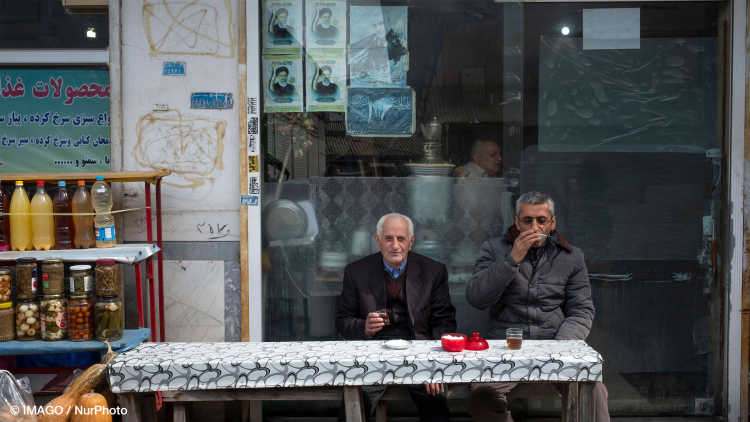- Home
- Publications
- Peer-Reviewed Articles
- Iran’s Foreign Policy Making: Consensus Building or Power Struggle?
Sara Bazoobandi / Jens Heibach / Thomas Richter
Iran’s Foreign Policy Making: Consensus Building or Power Struggle?
British Journal of Middle Eastern Studies | 2024
Abstract
Who maintains authority over Iran’s foreign policy has long been the subject of debate. Ambiguous constitutional provisions, conflicting foreign policy patterns of different administrations, and their impact on multiple global and regional security concerns have intensified such discussion. Existing studies suggest Iran’s foreign policy is either made through institutional consensus or competition; or, the Supreme Leader Ayatollah Khamenei has been gradually monopolizing decision-making. This article seeks to identify ways in which the power hierarchy during the Rouhani presidency can be explained. It uses high-level diplomatic meetings as observable evidence in a novel analytical framework to identify the scope of competition and hierarchies in foreign policy decision-making processes. The statistical analysis of high-level diplomatic meetings estimates the changing degree of influence Khamenei holds over foreign policy making and confirms coordination amongst power centers that were often assumed to compete. As the article’s empirical results reveal, observable foreign policy agendas of Iranian key decision makers did not noticeably diverge, and their diplomatic activities were clearly coordinated.
Regional Institutes
Research Programmes
Journal
British Journal of Middle Eastern Studies
Volume
51
Number
5
Pages
1044-1067











